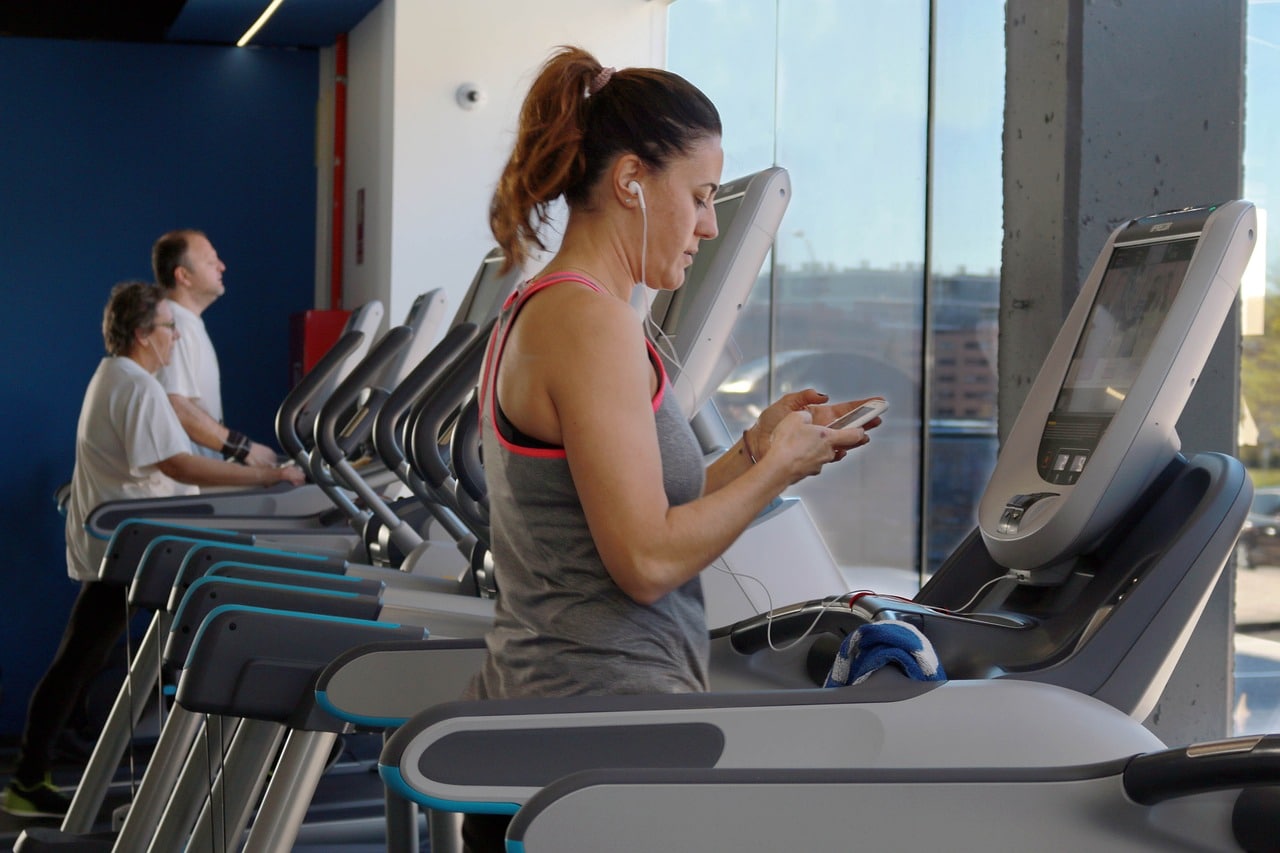How Digital Health Technology Helps Fight Cardiovascular Diseases?

“Use of digital health tools was shown to help patients expecting cardiac rehabilitation lost more weight and relieve themselves against those who lack such technological solutions.”
Digital health strides in remote monitoring, smart applications and patient portals helps the industry professionals in treating cardiovascular disorders in a far more effective manner against the traditional technological means.
Around the world, cardiovascular diseases are the leading cause of deaths. Health authorities have estimated that more than 45% of all cardiovascular related demises and red-alert health concerns are faced by natives of Middle East, seeking expert UAE medical services.
This prevalence is more in males than females and accompanied mostly due to imminent change in diet patterns, genetic abnormalities and vulnerabilities, prosperous and royal lifestyle. Certain relevancies have been identified against marriage rates as well which prompts medical experts and global healthcare industries to explore the cause and work out a feasible solution. That said; lack of health specialty in required numbers and higher cost of devices such as pacemakers, defibrillators and stents further make things challenging and the efforts to overcome these can be more stressful.
Cardiovascular diseases; once occur are long-term problems that also require meticulous and timely interventions and sustainable solutions. This is when digital health technology comes to the rescue and can supplement, complement the existing medical technology in complementing with these problems in the following ways:
Mobile-based medical and doctor’s apps can share updates on important statistics and valuable healthcare-related information of the patients round-the-clock. Irrespective of the geography, these smart health applications are programmed to establish two-way communication between medical professionals and the patients which help in reviewing a particular disease or underlying medical anomaly while providing most appropriate solutions in real-time.
Remote patient monitoring
Remote patient monitoring takes into consideration particular health details of the patients from the comforts of their home using various built-in sensors and transmission relays that share all these details with the healthcare professional to help them manage the disease remotely yet most effectively.
One of the most prominent remote patient monitoring projects uses interactive voice response and tele-monitoring technology which relieves in-house medical personnel to more or less 44% against readmissions of cardiovascular patients also improving healthcare outcomes significantly.
Many other tools and solutions also provide comprehensive remote monitoring and healthcare solutions that can collect the details from more than 20 different sensors to monitor health, cardiovascular activities and safety condition of the patients.
Patient portals
Online healthcare applications which allow patients to interact with primary healthcare service provider as well as developers of doctor’s apps at times refer to as patient portals. Some are connected directly with the provider’s core IT system whereas other exist as stand-alone website for the ultimate convenience and availability of the patients, doctors and almost anyone associated to the medical landscape.
These portals welcome continuous and wireless sharing of health data assembled from wearable and implanted devices to physicians, patients and healthcare providers. It allows them to review it and take timely decisions which results in effective and on-time treatment with least incurred cost.
To a certain extent, these electronic or digital health records and patient portals do raise concerns over privacy but, more and more developing nations are keen in adopting the technology and streamline their existing privacy laws accordingly so they can witness widespread adoption in near future.
It’s obvious digital health and online medical services assist governments and organisations by making it easier for healthcare providers in taking critical decisions thus providing them relevant details of the patients continuously in real-time devoid of any geographical barriers. It’s obvious such reduces expenses incurred during unnecessary hospital admissions whereas assist healthcare staff to offer more personalised solutions and services to patients.
A research trial conducted by Mayo Clinic concluded that cardiac patients tend to lose more weight during supplementation of their cardiac therapy assisted by digital health tools. “Patients readily accept the technology in both mobile and web-based platforms whereas these technologies have proven their success overtime.”
